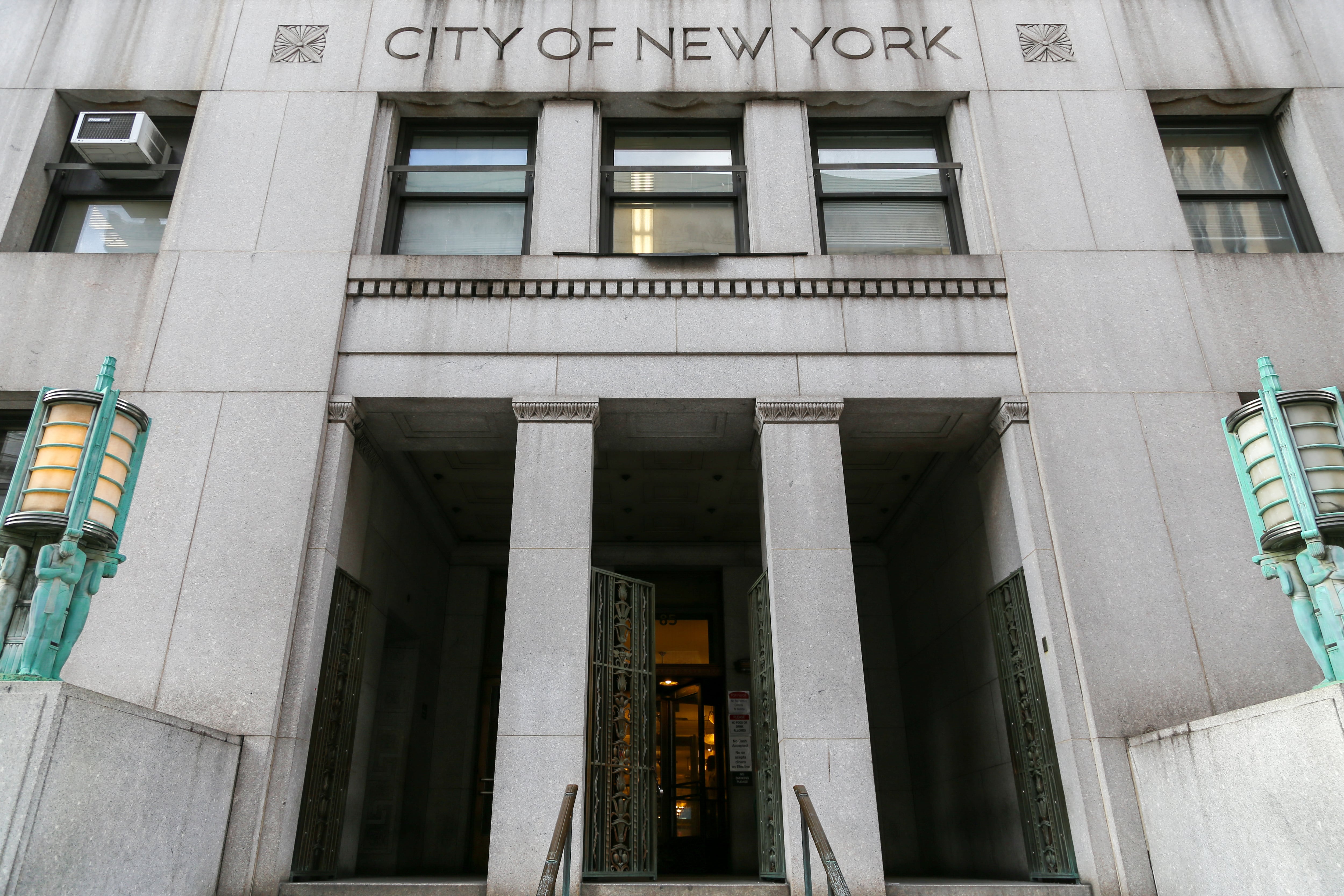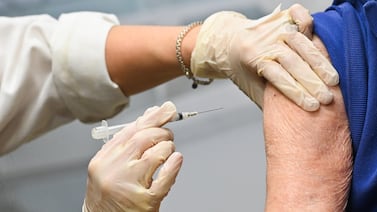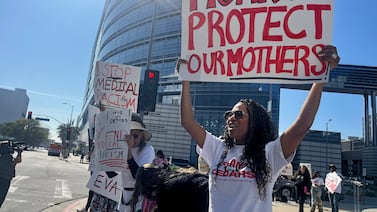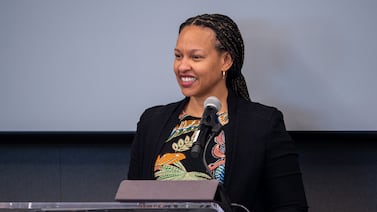Public health, explained: Sign up to receive Healthbeat’s free New York City newsletter here.
The U.S. Department of Health and Human Services has rescinded hundreds of millions of dollars for public health work across New York City and New York state.
The cuts are part of a larger decision by HHS to cancel more than $11.4 billion in CDC grants for local health departments and other recipients. The department has also cancelled about $1 billion in grants from the Substance Abuse and Mental Health Services Administration.
HHS notified the New York City Department of Health and Mental Hygiene on Tuesday of the termination of more than $100 million in grants for infectious disease prevention and surveillance work, “effective immediately,” agency spokesperson Chantal Gomez said in a statement. The Health Department, which has a $2 billion operating budget, also receives about $600 million in funding from the federal government.
At the state level, HHS notified New York on Tuesday of more than $300 million in cuts to funding for the Department of Health, Office of Addiction Supports and Services, and Office of Mental Health, Gov. Kathy Hochul said in a statement.
“These include funds that county health departments across New York are planning to use to fight disease and keep people safe,” Hochul said. “At a time when New York is facing an ongoing opioid epidemic, multiple confirmed cases of measles, and an ongoing mental health crisis, these cuts will be devastating.”
Recent weeks have been destabilizing for the nation’s public health systems. Scores of federal health workers have been terminated and HHS is significantly restructuring its work, with further layoffs anticipated. The National Institutes of Health recently canceled millions of dollars in research grants, while House Republicans are pursuing $880 billion in federal cuts over the next decade, which local leaders fear could gut Medicaid.
In New York, city and state health officials have repeatedly said they expect the federal government to uphold its prior financial commitments to their agencies. But impacts have already been felt. Last month, seven CDC employees who worked at the city’s Health Department were terminated amid the federal agency’s layoffs.
In New York City, the grant terminations come as the agency faces pressing public health threats, including the highest number of tuberculosis cases in a decade, the emergence of local measles cases, and rising concerns about bird flu.
The city’s cuts affect federal grants that had been extended recently by the Centers for Disease Control and Prevention, and were expected to end in 2026 and 2027, according to Gomez. The grants supported Covid prevention work, infectious disease outbreak detection, and rapid testing capabilities, as well as vaccination education and community outreach efforts for flu, Covid and RSV.
“We’re very concerned about what this means for public health,” Sarah Ravenhall, the executive director of the New York State Association of County Health Officials, said on Wednesday.
While these federal grants emerged as part of the nation’s response to the Covid pandemic, they also supported the core work of local health departments, from disease surveillance to laboratory testing, Ravenhall noted.
“This is going to slow things down from a public health perspective,” she said. “And we really need rapid response.”
Health Department anticipated cuts
City health officials had been bracing for the loss of federal funding. During a budget hearing at City Hall on Monday — before the HHS notification — acting health commissioner Dr. Michelle Morse raised concerns about the threat of federal funding cuts and urged support for her agency’s work.
“We’re entering a public health funding bust, while facing unique infectious disease threats and insecurity in our federal funding under the current administration,” she told city lawmakers.
The majority of the Health Department’s $600 million in federal funding goes toward public health surveillance, infectious disease outbreak prevention and emergency preparedness, which Morse described as among the agency’s “core activities.”
Part of that money was set to expire in the coming years, according to city health officials. Aaron Anderson, the agency’s chief financial officer, testified on Monday that the agency had about $200 million related to Covid funding budgeted for the current and coming fiscal years. One major grant, for the detection and prevention of infectious diseases, was expected to end in the summer of 2026, and another, for vaccination and immunization work, was expected to end in the summer of 2027.
The agency had started to prepare for funding reductions, including by working with the city’s Office of Management and Budget on how to protect its surveillance, vaccination and testing work, officials said.
With the state budget process underway, Morse and local health advocates have also called for the restoration of New York City’s full Article 6 funding — state reimbursement for core public health work — which former Gov. Andrew Cuomo cut in 2019. That funding reduction has meant a loss of up to $90 million annually for the city’s public health work, including tuberculosis control.
Earlier this month, Morse took her case directly to the nation’s top health officials. In a March 13 letter, she asked HHS Secretary Robert F. Kennedy, Jr. and Dr. Susan Monarez, the acting CDC director, to safeguard the CDC and “consider the circumstances of cities like New York and what is at stake for the 8.3 million residents of our city,” according to a copy shared with Healthbeat.
She wrote that the CDC plays a critical role for health departments like New York City’s, sharing timely information on public health threats and helping to coordinate disease responses.
“We cannot and do not operate in a vacuum,” she wrote. “As the White House directs agency leadership to reduce budgets and staff, I ask you to preserve public health infrastructure that has more than proven its worth for decades.”
To Ravenhall, the HHS cuts highlight the importance of securing sustained funding for public health systems, rather than relying on a surge of money during emergencies like disease outbreaks.
“We really need to be operating in a way where we have a steady stream of funding that we can rely on from the federal government,” she said.
Eliza Fawcett is a reporter covering public health in New York City for Healthbeat. Contact Eliza at efawcett@healthbeat.org.
This story has been updated to clarify the federal portion of the city Health Department’s budget.






